Organic Silica from Improve your plants structure and cell walls YouTube

Liquid Potash & Silica Organic Fertiliser Free Delivery UDOO
Check Out Silica For Plants On eBay. Find It On eBay. Great Prices On Silica For Plants. Find It On eBay.

Botanicare Silica Blast Organic Hydroponic Plant Supplement Wayfair
Silica, also known as SiO2 or silicon, is a common mineral found in the earth's crust. It occurs naturally in many forms including sand, stone, concrete, and mortar. Silica is an essential element for all plants, animals, fungi, bacteria, and other organisms. Plants use silica to build their cell walls. In addition, silica helps regulate a.

Organic Silica for Plants Montana Grow Natural
RAW Silica. Although this organic product has less than 50% of silicon dioxide, it is the highest concentration. It is available in big tubs: 2, 10, and 25 pounds.. Do All Plants Like Silica? Similar to soils, plants love silica but to varying degrees. The accumulator plants like conifers, ferns, mosses, rice, and sugarcane can tolerate high.
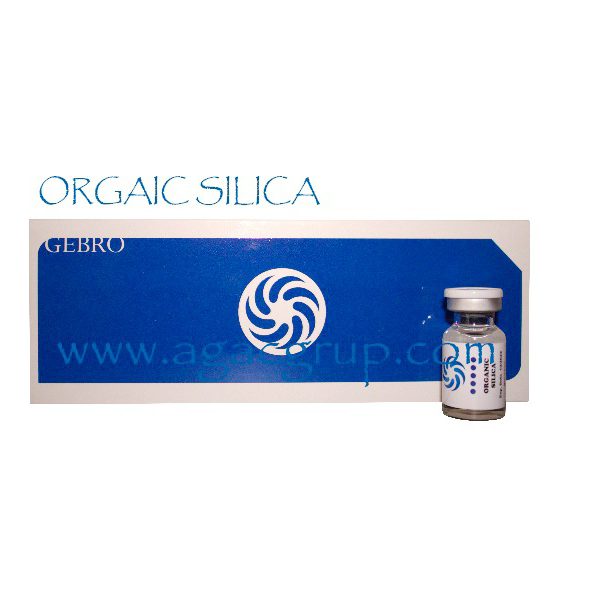
A11 Gebro ORGANİC SİLİCA 10 ml X 5 Flakon Ağaç Grup
Quick Navigation What is silica? What does Silica do for plants? Increased growth rates lead to a quicker harvest Increased nutrient uptake (other sources) Silica Increases Plant Strength & Vigor Increased resistant to pests and diseases What is the best source of silica for plants? Potassium Silicate Mono Silicic Acid

Silica During Flowering Beginner Grow Guide
Plant Available Silica (PAS) is translocated to the plant's cell wall through the roots of a plant. It is known to improve structural integrity to help combat abiotic and biotic plant stressors including: Abiotic stressors Drought Waterlogging Sources of Plant Available Silica

True Organic Silica Gold Plant Nutrient Supplement Quart (32 oz) New TruePlantScience Plant
What Are the Benefits of Silica for Plants? In this article: What is silica? How is silica used? What is the role of silica in plant growth? Which plants benefit the most from silica supplementation? How does silica benefit plants? Can silica be dangerous? How to apply silica to improve plant growth Silica for hydroponic growing

Learn everything about organic silica
Consequently, the objectives of this review are to provide (1) information on the dynamics of Si in soil, use, and sources; (2) a history and up-to-date documentation on Si-related research in many areas of US production agriculture; and (3) perspectives on Si as a plant beneficial nutrient and the potential of Si fertilization as an agronomic p.

Silica For Plants Plants BP
Silica, a naturally occurring compound found in soil, plays a crucial role in plant growth and resilience. In this article, we will delve into the fascinating world of silica for plants, exploring its numerous benefits, understanding its role in plant biology, and learning how to harness its power for successful and thriving gardens.
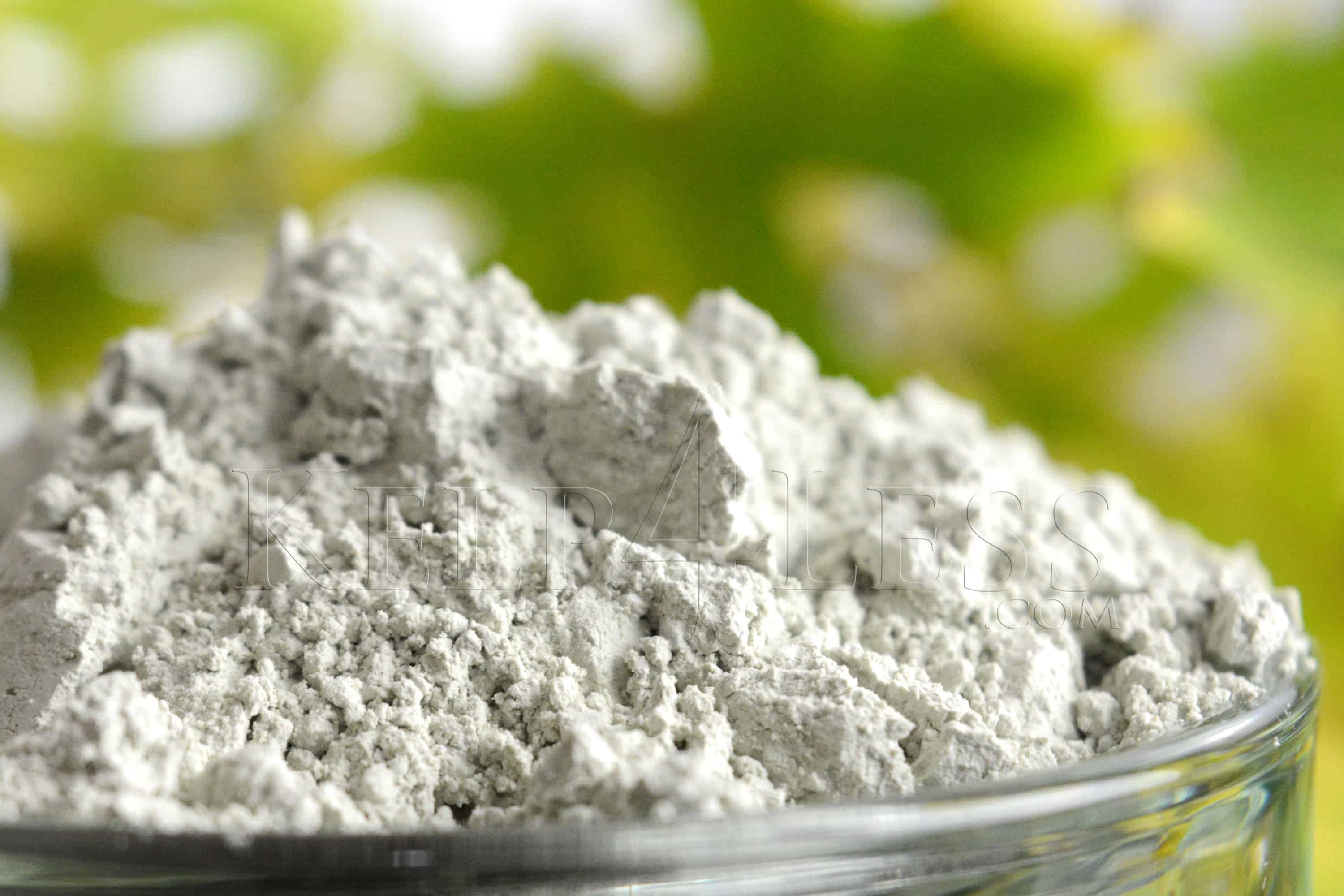
Silica Powder Kelp4less
Organic Sources of Silica for Plant Silica is an essential nutrient that is often overlooked when it coms to plant growth and development. It is a mineral that is found naturally in soil, rocks, and sand. It is also present in many plants, particularly in their cell walls.

Living Organic Silica Liquid (1000ml) productsfornature
Silica is amorphous, hydrated and usually polymerized material produced from Si (OH) 4 .] OCCURRENCE AND FORM The occurrence of Si within the plant is a result of its uptake, in the form of soluble Si (OH) 4 or Si (OH) 3 O −, from the soil and its controlled polymerization at a final location.

Organic silica for elimination of aluminum from the body I LVPharm
Organic silica improves absorption of calcium in a fashion that the organism can regulate according to its endobiogenic needs. It is the preferred method of improving calcium absorption according to the theory of endobiogeny. 1. Clay: bioavailable silica with trace amounts of lithium and other minerals 2. Equisetum arvense (horsetail): a.

Organic Silica from Improve your plants structure and cell walls YouTube
Awesome Price & High Quality Here On Temu. New Users Enjoy Free Shipping & Free Return. Come and check everything at a surprisingly low price, you'd never want to miss it.
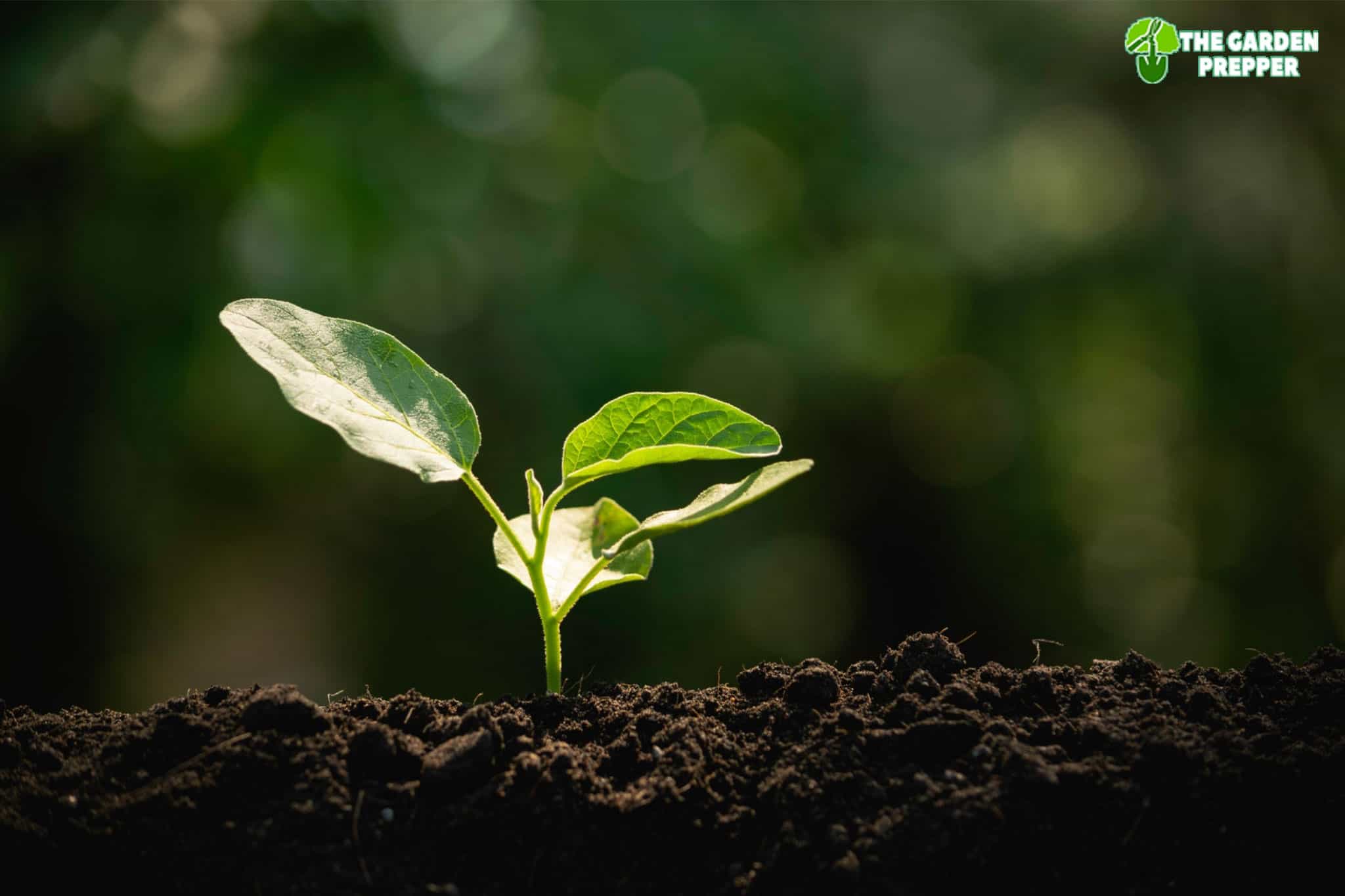
What You Need to Know About Organic Source of Silica for Plants
Biogenic amorphous silica (bASi) pools in soils are in the range of 0-6% and are suggested to help plants to resist drought. In agricultural soils, bASi pools declined to values of ~1% or lower.
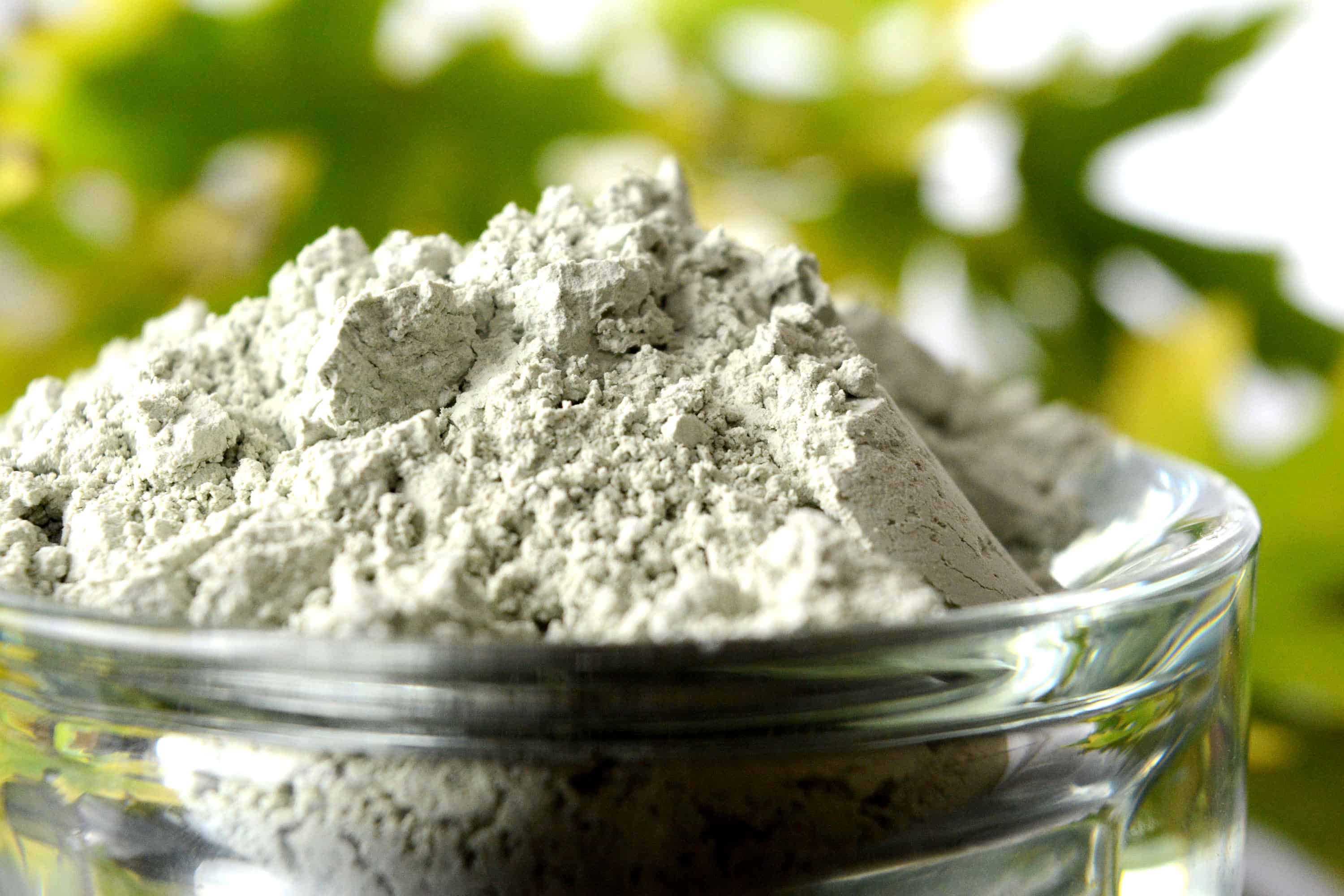
Silica Powder Kelp4less
It has been observed that phytoliths are major contributors to soluble silica as compared to the organic matrix during plant decomposition (Fraysse et al., 2006). Polymerization of silicon. Monosilicic acid is known to undergo polymerization once its concentration exceeds 2 mM (Ma and Yamaji, 2006). Its concentration in soil is much lower than.
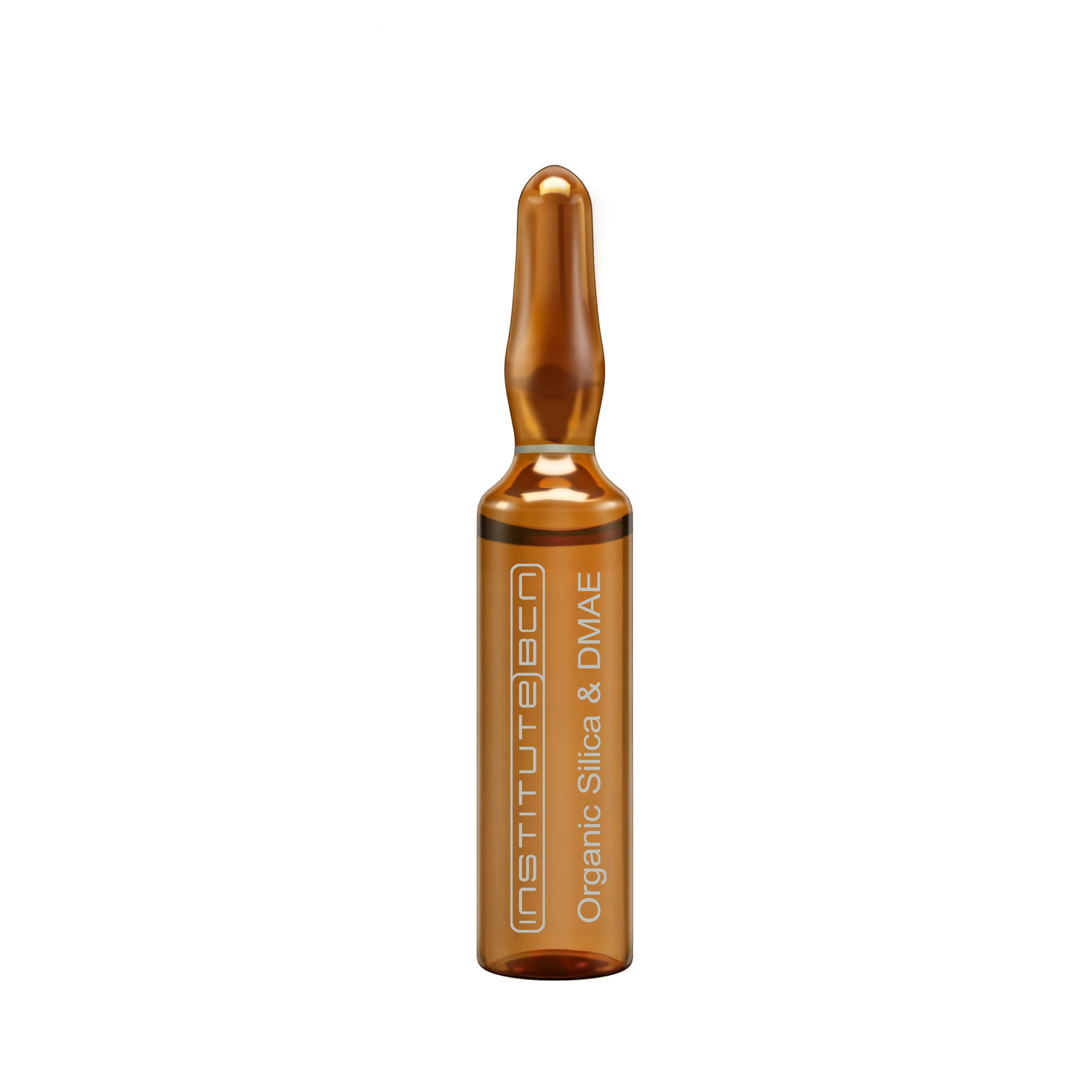
Organic Silica, 0,5 & DMAE 2,5 Solución Reafirmante Flamamed Líderes en medicina bio
What does silica do for plants? Silica is beneficial in a number of ways, but basically, adding silica to your plants makes them stronger. Silica: Strengthens cell walls Supports stronger defences, and builds resistance to pests Helps grow broader stems Broader stems can then support bigger leaves
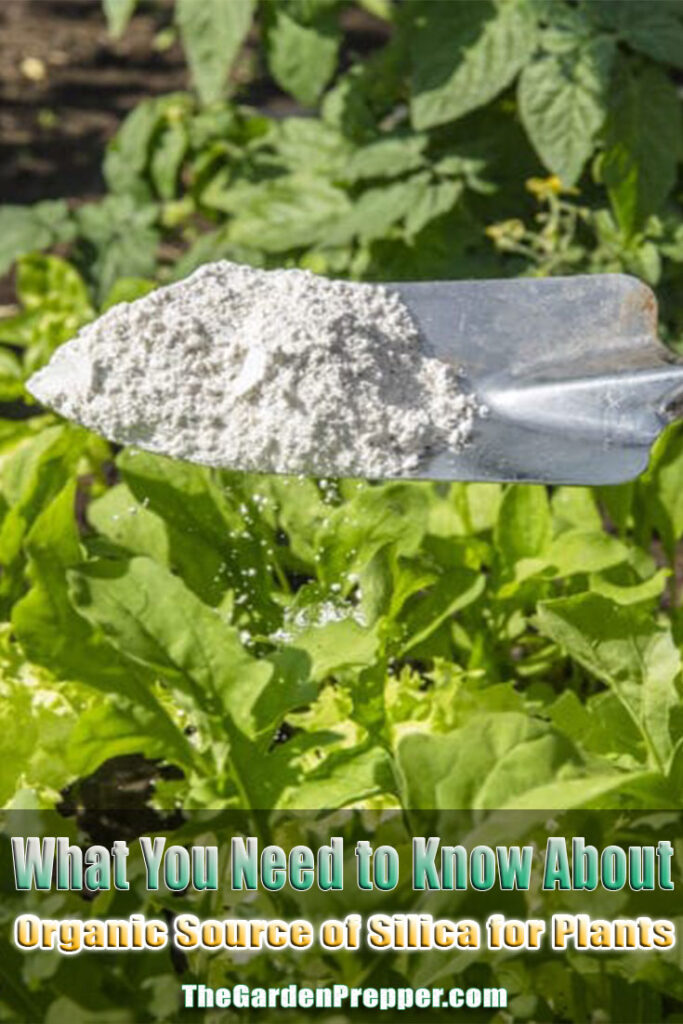
What You Need to Know About Organic Source of Silica for Plants
Slag Calcium silicates Sodium silicate Thermo-phosphate fertilizers Benefits of Silica in Plant Natural Silica for Plants Best Organic Silica for Plants Potassium silicate Mono silicic acid Best Silica for Variegated Plants How to Add Silica to Your Plants FAQs Last Updated on March 5, 2023